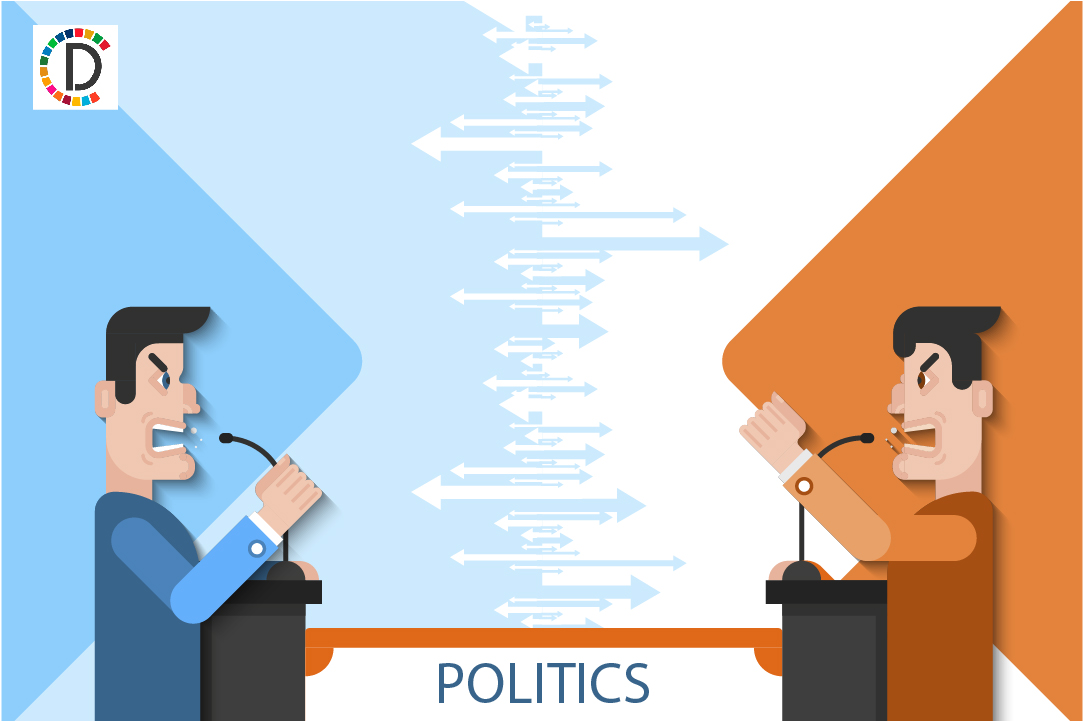Baltic States urge Council of Europe, OSCE to demand Navalny's release

- Country:
- Lithuania
Estonia, Latvia and Lithuania have asked Europe's main human rights body and an international observer organisation to demand the release of Kremlin critic Alexei Navalny and his supporters and to investigate alleged human rights violations against them. Navalny was detained on returning to Moscow on Jan. 17 and is on trial for alleged parole violations in a case that has sparked nationwide protests and talk of new Western sanctions.
Riot police broke up protests across Russia on Sunday in support of Navalny, detaining more than 5,000 people. Over 100 were detained on Tuesday near a court in Moscow as it considered whether to jail Navalny for up to three and a half years. In letters on Tuesday to the Council of Europe (CoE) and the Organisation for Security and Co-operation in Europe (OSCE), the foreign ministers of the three Baltic states accused Russia of violating the European Convention on Human Rights by repressing rights activists, civil society and the media, Lithuania's foreign ministry said in a statement.
"We express hope that the OSCE and the CoE will take prompt action and all possible measures to halt police brutality against the protesters and will demand the release of those Russian citizens who have been detained arbitrarily, including Alexei Navalny," Lithuanian Foreign Minister Gabrielius Landsbergis said in the statement. The Council of Europe is the guardian of the European Convention on Human Rights and creator of the European Court of Human Rights in Strasbourg.
In June 2019 it readmitted Russia, reversing a sanction imposed on Moscow over its seizure of Crimea from Ukraine in 2014. Russia is also a member of the 57-nation OSCE, which is best known for its election observation work and its monitoring mission in eastern Ukraine, and it is often involved in diplomacy around regional conflicts.
Navalny returned to Moscow last month after recovering in Germany from being poisoned in a nerve agent attack last summer that he blamed on President Vladimir Putin. The Kremlin has denied any involvement in the attack. The three Baltic republics, which won independence from Moscow in 1991, have led calls within the European Union for new sanctions on Russia over the Navalny case.
(Reporting By Andrius Sytas Editing by Gareth Jones)
(This story has not been edited by Devdiscourse staff and is auto-generated from a syndicated feed.)
ALSO READ
American Asks for Russian Citizenship After Aiding Kremlin in Ukraine
Russian Forces Solidify Presence in Eastern Ukraine
Tensions Over POW Exchanges: Russia Accuses Ukraine of Sabotage
Ukraine Sabotages Prisoner Exchange, Says Russia
Germany's New Leftist Populist Party Challenges Established Pro-Ukraine Stance










